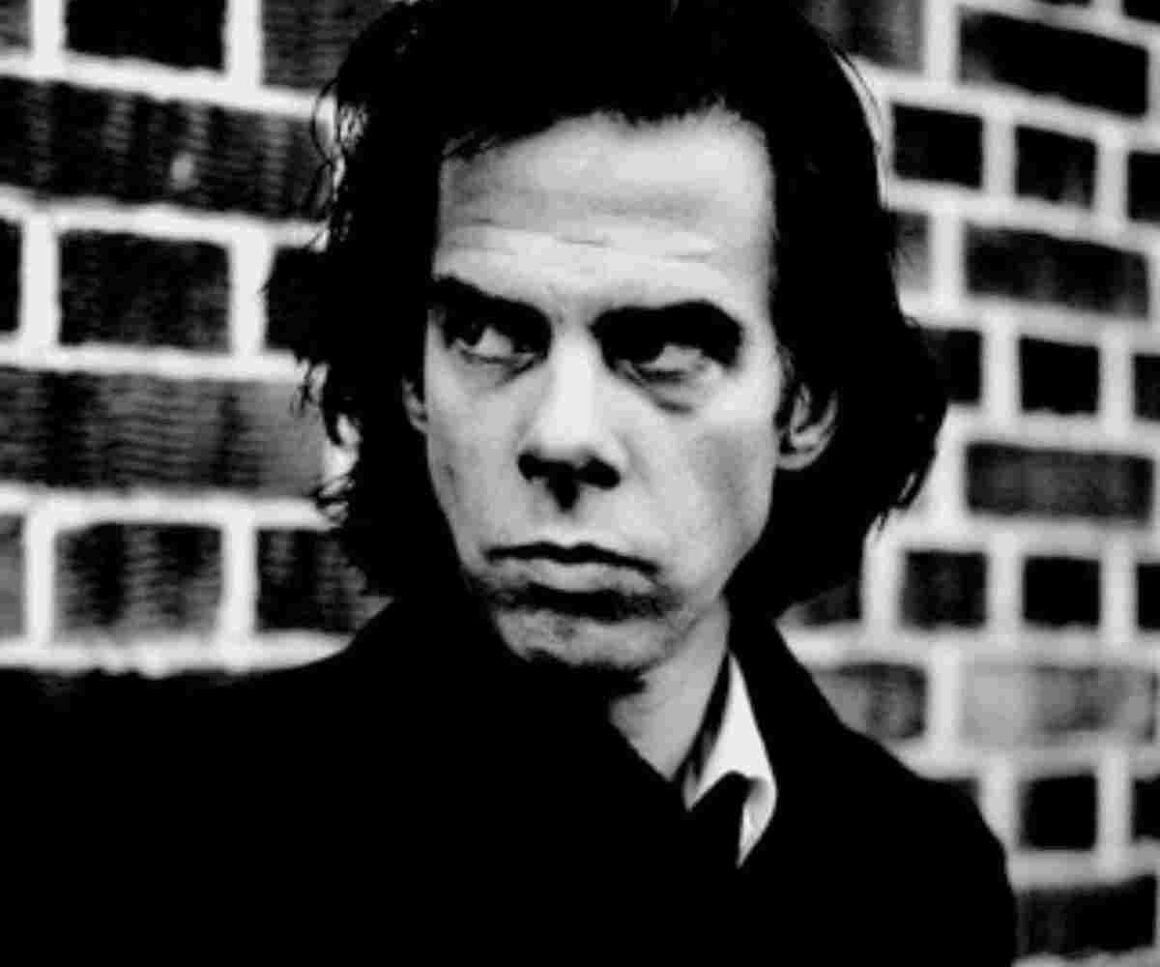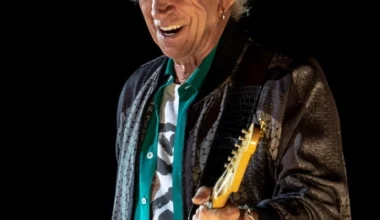Nick Cave and the Bad Seeds have a history defined by both brilliance and chaos. Born from the remnants of The Birthday Party, once labeled the “most violent band in the world,” the seeds of the new group were sown in turbulence.
As Nick Cave gathered new faces to form the Bad Seeds, their early recordings were a reflection of the carnage that followed them.
Particularly, Cave has described the creation of one album as nothing less than “fucked up.”
Cave’s influence on the band cannot be understated. He’s not merely the frontman but the vision, the driving force behind every note, lyric, and tone.
This level of control has been the band’s greatest strength, with Cave being one of the most formidable creative forces in rock.
Yet, it was also a point of tension in the early years, where Cave’s struggles with addiction and his nomadic lifestyle across Europe’s seedier art scenes took their toll on the creative process.
For nearly 20 years, Cave was trapped in a cycle of heroin addiction. He divides those years into two distinct phases.
The latter, spanning from the early 1990s to the 2000s, was strangely ordered—he would shoot up in the morning and evening but remain highly productive and creative during the day.
However, the first decade was pure chaos. Amidst the punk culture of the 1980s and surrounded by fellow addicts, it’s remarkable that the Bad Seeds managed to release any music at all, let alone produce records of such high quality.
This was particularly evident with their 1988 album Tender Prey, which Cave views as a testament to the chaos within the band at the time.
“That record was so fucked up, the making of it was seriously difficult for everybody,” Cave admitted. He believes the chaos can be heard in the music itself: “I think you can kind of hear that a lot.”
The album is a raw journey through darkness, devotion, and tension. It opens with ‘The Mercy Seat,’ one of Cave’s most iconic tracks, which still resonates with an unsettling intensity.
Its unpredictable energy is reflected in how the band approaches it live. Bad Seeds member George Vjestica once noted, “It has a life of its own,” adding, “Every single time we play that song, it’s almost ‘What is going to happen here?’”
It’s as if the song embodies the chaos that permeated the album’s creation.
Elsewhere on the album, ‘Deanna’ stands out as perhaps the closest the band ever came to writing a pop song. Yet even here, Cave’s frantic lifestyle bleeds through the lyrics.
Lines like “I ain’t down here for your love or money / I’m down here for your soul” twist the love song into something darker, more obsessive.
Mick Harvey, Cave’s longtime collaborator, referred to Tender Prey as “a complete basket case of a record.”
It’s no surprise, given that the album was made by people at the worst points of their addictions. Cave even recalled that their producer, Tony Cohen, was similarly struggling during the recording sessions.
“Everyone was very fucked up, in a standard kind of way, and a little bit more so,” Cave recalled.
Reflecting on the album years later, Cave acknowledged how it captured a period of personal turmoil.
“It was a nightmare, that record. It is reflective of a group—particularly myself,” he said, acknowledging that it was made during a time when his life was “spiralling out of control in a lot of areas.”
Despite the chaos, Tender Prey remains a powerful, defining work in Nick Cave and the Bad Seeds’ discography.







